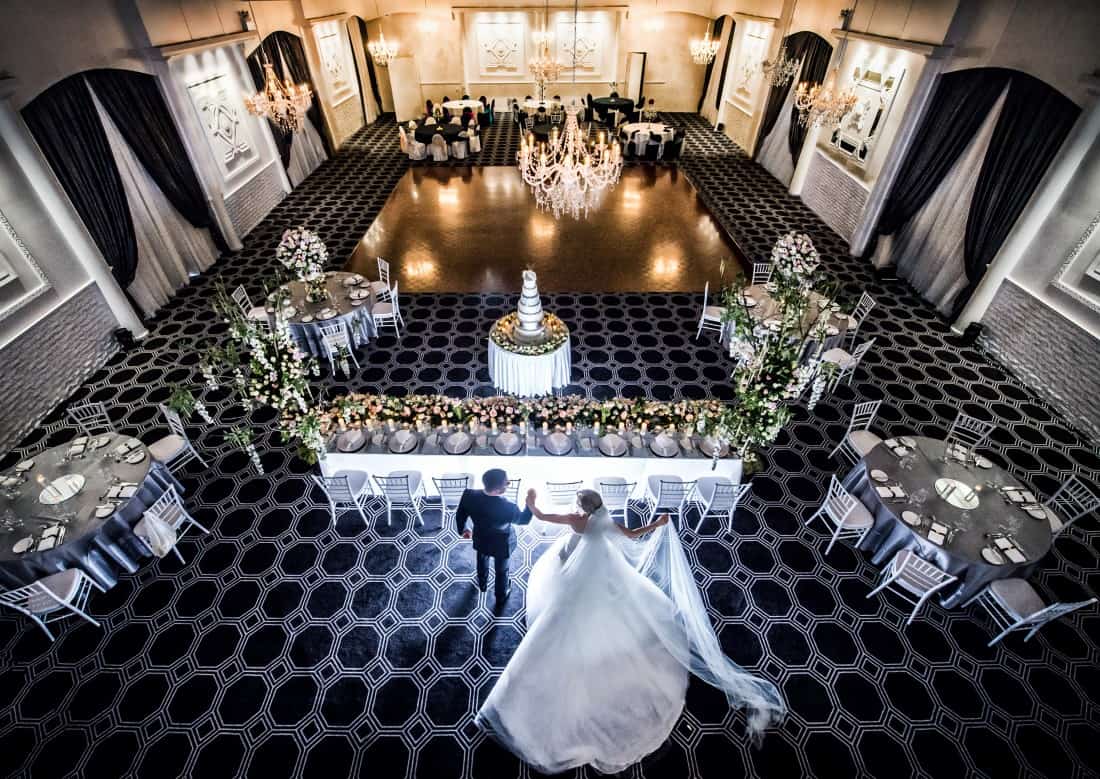Your honeymoon is one of the most significant journeys you and your spouse will embark on together, marking the beginning of your married life. However, the question of who foots the bill for this important trip often leads to discussions, and the answer can vary widely depending on traditions, financial circumstances, and personal preferences.
Traditional Approaches
In more conventional weddings, it has been customary for the groom or his family to pay for the honeymoon, while the bride’s family typically covers the wedding expenses. This tradition is rooted in the idea that the groom’s family would provide the couple with a celebratory start to their married life, often planning the honeymoon as a surprise.
However, this approach isn’t without its challenges. If the groom’s family is footing the bill, they may have a say in the destination and details, which could lead to potential conflicts if the couple’s preferences differ from those of the family. Additionally, the financial burden placed solely on the groom or his family can create unnecessary stress and expectations.
Modern Perspectives
Today, many couples choose to share the cost of their honeymoon or even cover it entirely by themselves. This shift reflects broader changes in societal norms, where couples often take a more egalitarian approach to both wedding planning and finances.
- Shared Costs: Some couples decide to split the expenses equally, ensuring that both parties contribute to the experience. This approach fosters a sense of partnership and shared responsibility, which is a healthy foundation for marriage.
- Delayed Honeymoon: For couples who are funding their own wedding, postponing the honeymoon until they have saved enough money is another option. This delay can also add an extra layer of anticipation and planning, making the trip even more special.
- Honeymoon Fund: Setting up a honeymoon registry allows wedding guests to contribute to the cost of the trip. This modern alternative to traditional wedding gifts can help alleviate financial pressures and allow guests to feel involved in the couple’s first adventure as newlyweds.

Parental Contributions
In some cases, parents from either side might offer to pay for the honeymoon as a wedding gift. This generous gesture can significantly ease the couple’s financial burden, allowing them to enjoy a more luxurious or extended trip than they might have otherwise been able to afford. However, this can also come with strings attached, as parents may expect to have some influence over the destination or other details.
Creating an Affordable Honeymoon Plan
While the idea of a luxurious honeymoon is appealing, it doesn’t have to lead to financial strain. If you’re covering the cost of your honeymoon, budgeting and saving are essential. Start by setting aside a portion of your income each month into a dedicated honeymoon fund. Here’s how you can plan a memorable honeymoon without breaking the bank:
1. Prioritise Major Expenses
Focus on the key aspects of your honeymoon, such as transportation and accommodation. Booking these well in advance—at least two or three months before your trip—can help you secure the best deals on flights and hotels. By locking in these major expenses early, you can manage your budget more effectively and avoid last-minute price hikes.
2. Leverage Credit Card Rewards
Consider applying for a credit card that offers rewards points, particularly those that can be redeemed for airline miles or hotel stays. Before opening a new account, check your credit score to ensure you qualify. Many airlines, including Qantas and Virgin Australia, offer credit cards with sign-up bonuses that reward you with points after meeting a spending threshold. Timing these expenses with major wedding purchases, such as your dress or catering, can help you accumulate points faster.
3. Save Consistently
Start saving for your honeymoon as soon as possible. Set aside a small amount from each pay cheque and look for areas where you can temporarily cut back. For instance, consider reducing the frequency of dining out and redirect those funds towards your honeymoon. Small, consistent savings can add up over time, making your dream honeymoon more attainable.
4. Redeem Loyalty Points
If you’ve accumulated frequent flyer miles or hotel loyalty points through your travels, now is the perfect time to use them. Redeeming these points can significantly reduce your honeymoon costs, allowing you to enjoy more luxurious options without additional expense.
5. Establish a Honeymoon Registry
A honeymoon registry is a modern alternative to traditional wedding gifts. Instead of receiving household items, guests can contribute to your honeymoon fund. This could cover a variety of expenses, such as flights, accommodation, dining, or activities during your trip. Setting up a honeymoon registry is simple and can be done through various platforms that cater specifically to Australian couples.
6. Encourage Contributions
Don’t hesitate to ask your wedding guests to contribute to your honeymoon fund as their gift. Many people prefer giving money towards an experience rather than a material item, and it allows them to feel involved in your journey. By doing so, you can alleviate some of the financial burden and ensure that your honeymoon is an unforgettable experience.

The Pros and Cons of Self-Funding
Choosing to pay for your honeymoon yourselves gives you complete control over the planning and execution of the trip. You can select the destination, activities, and accommodations that best suit your tastes and budget, without needing to consider anyone else’s preferences or financial limitations. This independence can lead to a more personal and meaningful experience.
On the downside, funding the honeymoon yourself can be a financial strain, especially after the expenses of a wedding. However, with careful planning and budgeting, it is possible to have a memorable honeymoon without breaking the bank. Options include using credit card rewards, setting up a dedicated savings account, or opting for a more budget-friendly destination.
Conclusion
There is no one-size-fits-all answer to who should pay for the honeymoon. The decision should be based on open communication between the couple, consideration of their financial situation, and respect for family traditions and contributions. Whether the costs are covered by the groom, shared between the couple, contributed by parents, or funded through a honeymoon registry, what matters most is that the trip reflects the couple’s desires and sets a positive tone for their marriage. The ultimate goal is to ensure that the honeymoon is a joyful and stress-free start to the couple’s married life.
FAQs About Honeymoon
Why Do Couples Have A Honeymoon?
A honeymoon is a time to bond, relax, celebrate as a couple, reflect on your relationship, and look ahead at what’s to come. Honeymoons don’t always mean lying out on a beach with your loved one, which we’ll get into later.
How Long Do Honeymoons Last?
The average honeymoon period is closer to seven to 12 days, but some couples will extend their getaway to up to a month, especially when traveling internationally.
What Happens At Wedding Night?
The wedding night, also most popularly known as ‘suhaag raat’, is when newly-weds are expected to consummate their marriage and for many couples, who had never had a physical relationship before, this night might be the first time they would be having sex with the partner.
What Happens In A First Night?
On your first wedding night, you’ll be in a new room, a brand new setting and well, new in-laws too, who are probably sleeping next door. You might not feel too comfortable under these circumstances and it’s important that you discuss this situation with your partner beforehand.
Who Pays For The Honeymoon?
Traditionally, the groom’s family paid for the honeymoon, but like every wedding, no two couples are alike – and neither are their families. The question of who pays for the honeymoon often depends on family relationships, traditions, and, of course, the couple’s personal preference.

